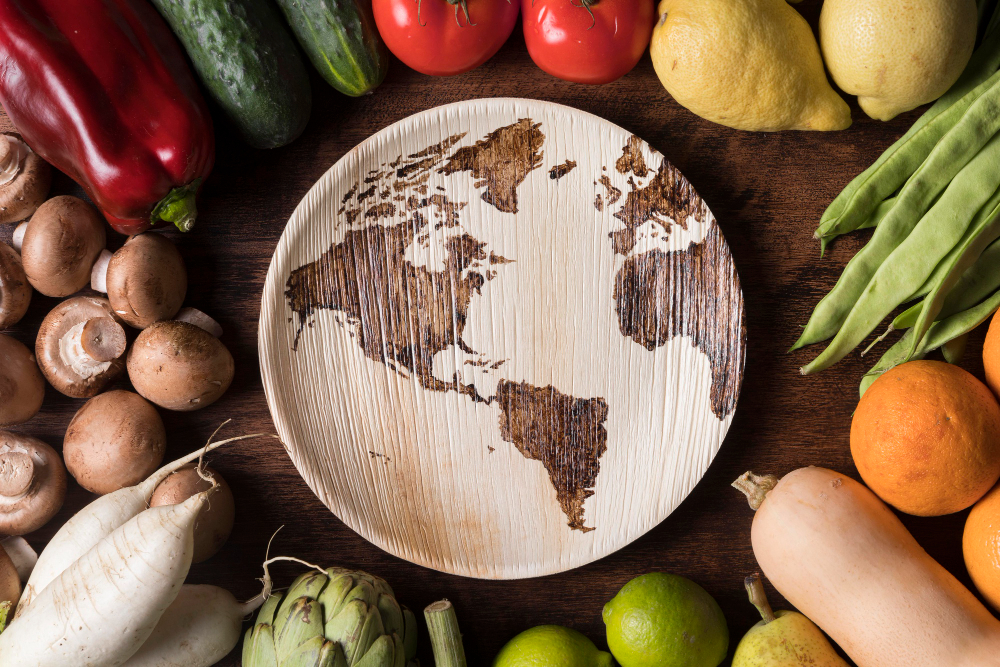
Food, Drinks & Beverage
Food as national security: Lessons from the UAE and Korea
The United Arab Emirates (UAE) and South Korea are among the world’s most import-dependent nations when it comes to food, making the issue of food supply not just an economic matter but one of national security. With limited arable land, urbanised populations, and climate-related challenges, both countries have developed unique strategies to strengthen resilience against global food disruptions.
Recent crises—including the Russia-Ukraine conflict, climate-driven crop failures, and pandemic-era supply chain bottlenecks—have highlighted how essential food security has become, standing alongside oil and microchips as a strategic priority.
Korea’s diversification strategy
South Korea imports around 70 per cent of its food, sourcing most of its wheat, corn, and soybeans from the United States, Australia, Canada, Brazil, and Argentina. Price fluctuations in these commodities quickly impact household spending, making food inflation a sensitive political issue.
To counter risks, Korea maintains modest strategic grain reserves—primarily rice, with limited wheat and barley stocks. While the reserves remain small compared to its exposure, Korea reduces vulnerability through trade diversification and overseas agricultural ventures in Cambodia, Myanmar, the Philippines, and Russia’s Far East.
Supporting these efforts are Korea’s advanced port infrastructure, shipping giants such as Hyundai Merchant Marine (HMM), and government-led coordination of food imports, ensuring critical supplies can be rerouted during disruptions.
UAE’s innovation-driven approach
The UAE relies on imports for about 90 per cent of its food, due to its desert climate and scarce water resources. To mitigate this dependency, the country has built extensive food reserves, managed by the Abu Dhabi Food Security Authority and Etihad Mills. Storage facilities in Fujairah and other locations hold wheat, rice, and sugar sufficient to meet national demand for several months in emergencies.
Alongside reserves, the UAE has invested heavily in agri-tech. Vertical farming, hydroponics, and aquaponics—enabled through partnerships with companies like AeroFarms and Pure Harvest—are helping boost domestic production of vegetables, tomatoes, and berries. Emirati firms such as Al Dahra also operate farmland abroad, from Sudan and Egypt to Serbia and Spain, supplying key staples back to the UAE.
To strengthen its premium beef sector, the UAE also imports high-quality Wagyu cattle from Australia, helping meet rising consumer demand and supporting the development of a more competitive domestic cattle industry.
Strategic resilience and social stability
While both nations depend on imports, their resilience comes from state-backed interventions. Korea leans on its logistics and diversified sourcing, while the UAE combines global trade hubs in Dubai, Abu Dhabi, and Fujairah with consumer protection policies, including price-control measures and subsidies.
Notably, the UAE’s welfare system shields vulnerable households, covering up to 75 per cent of food price inflation for low-income Emirati families. This alignment of food policy with social stability underscores how access to food has become a cornerstone of national security.
Both the UAE and Korea demonstrate that in an era of global volatility, ensuring reliable access to food is no longer just an agricultural challenge but a geopolitical imperative.